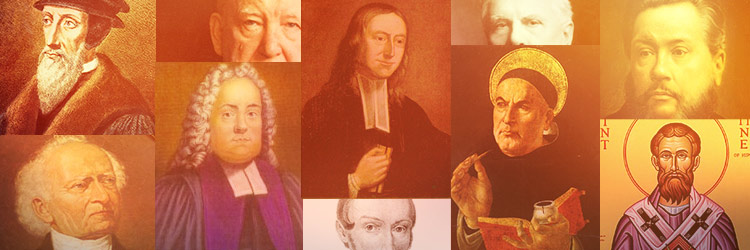
Reading Jonathan Edwards’s earliest sermons yields some quotes that may serve you well as you prepare to preach and teach this week.
In his sermon, Glorious Grace, based on Zechariah 4:7 (“…Grace, grace to it!”), Edwards urges his congregants:
“When you praise him in prayer, let it not be with coldness and indifferency; when you praise him in your closet, let your whole soul be active therein; when you praise him in singing, don’t barely make a noise, without any stirring of affection in the heart, without any internal melody [sic].” (p. 399)
What a tragic thought: someone in church singing without any internal melody!
I often half joke to our faith-family that we’re Bible Church people so we know a great deal about God but don’t feel much. Edwards would say to me,
“Consider that great part of your happiness in heaven, to all eternity, will consist in this: in praising of God, for his free and glorious grace in redeeming you; and if you would spend more time about it on earth, you would find this world would be much more of a heaven to you than it is.” (p. 399).
One of the things Edwards helps me do is try to find ways to help my congregants celebrate the grace of God with their whole being.
May our Lord receive glory in the church and in Christ Jesus (Ephesians 3:21) as you urge the same, maybe with a little help from JE.
Randal










